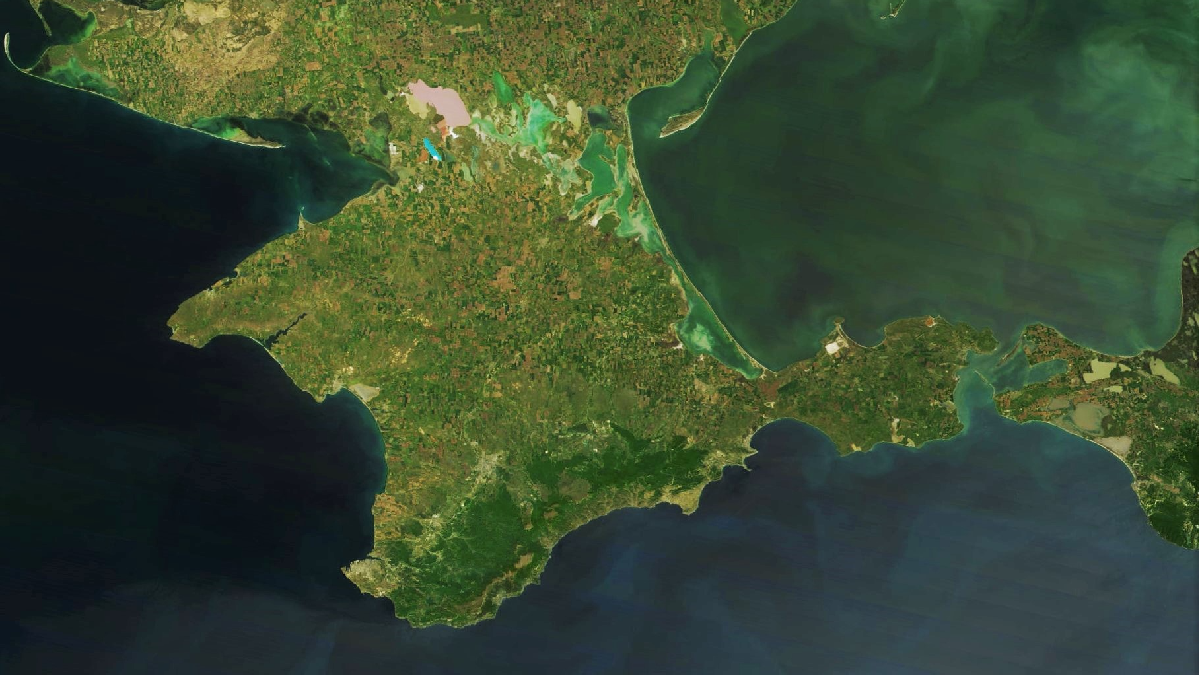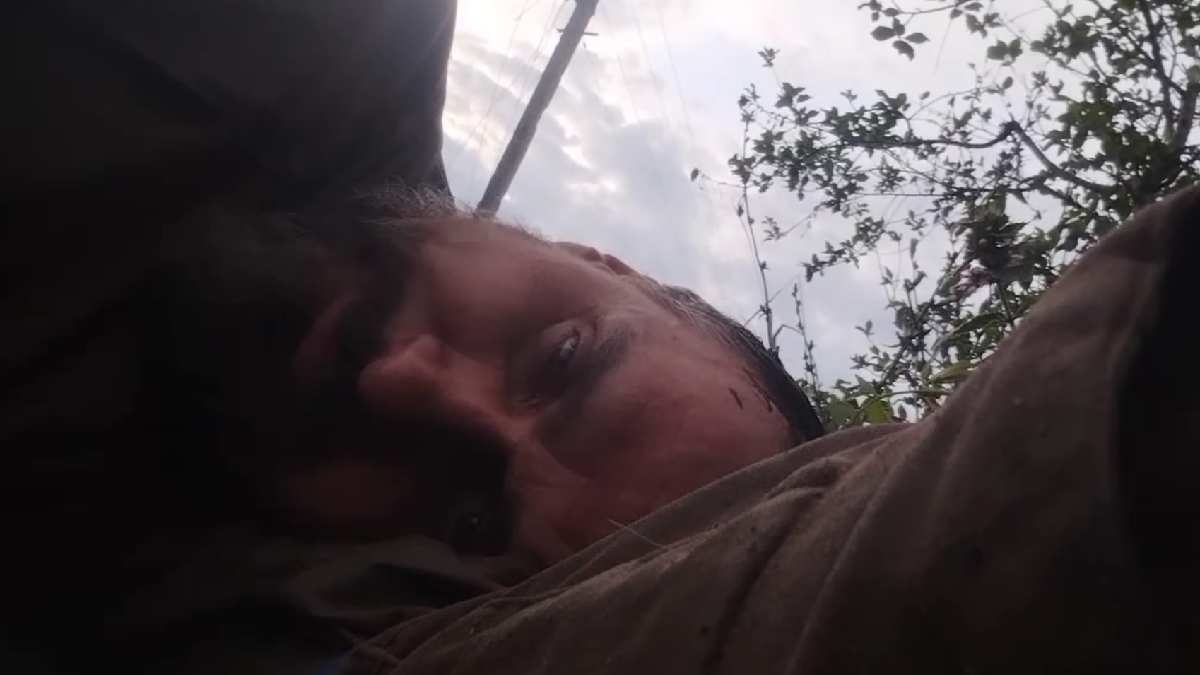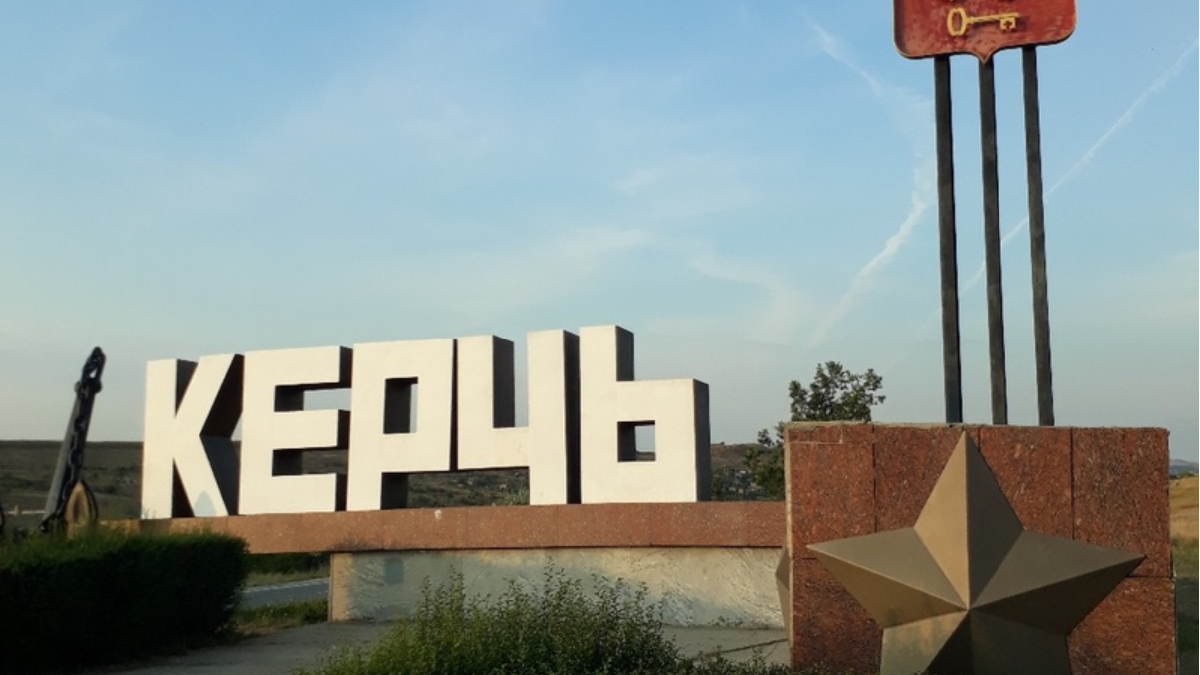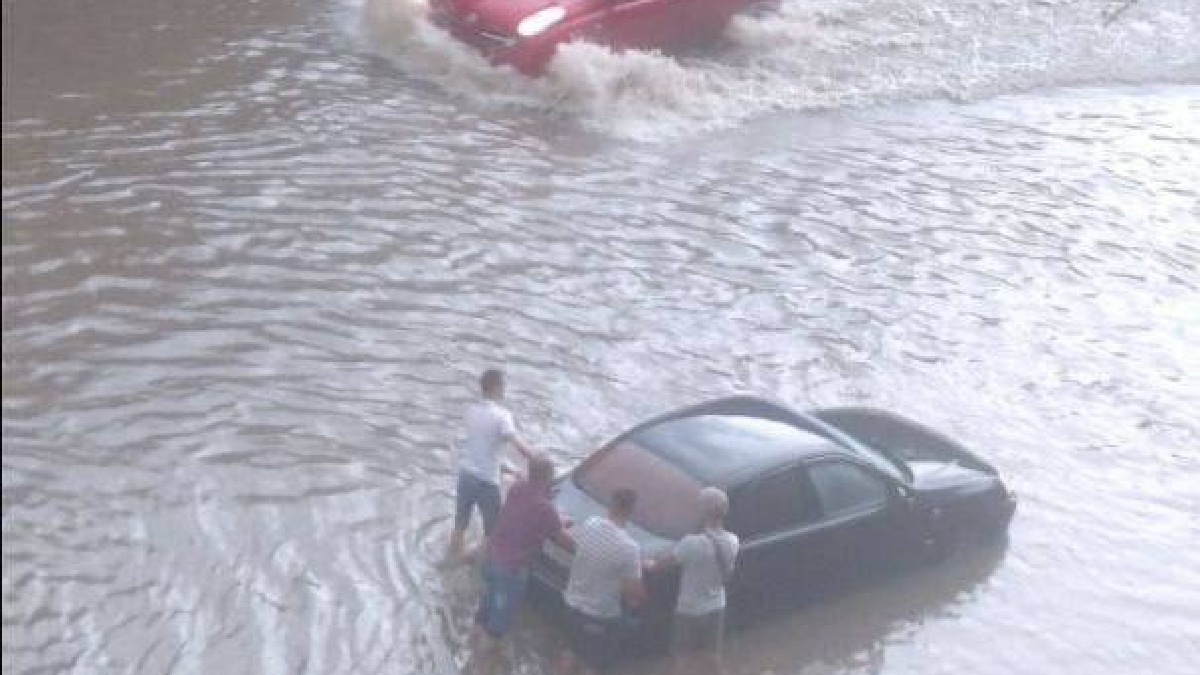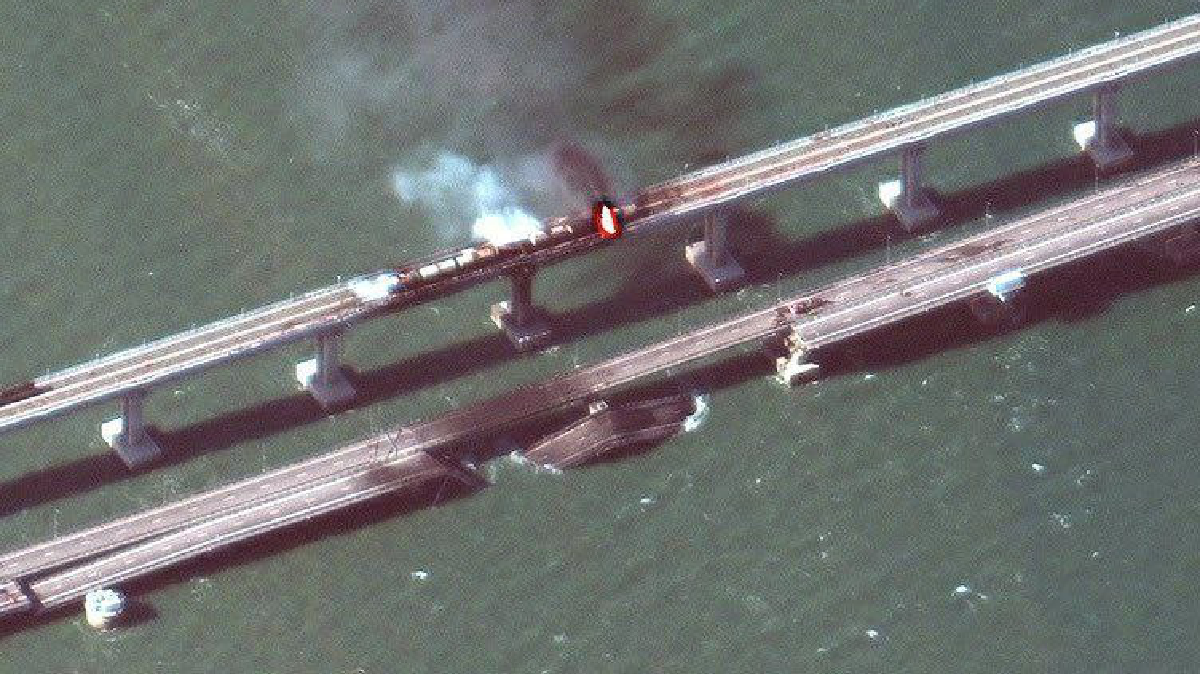Russian propaganda will not save occupied Crimea from water deficit - Babin
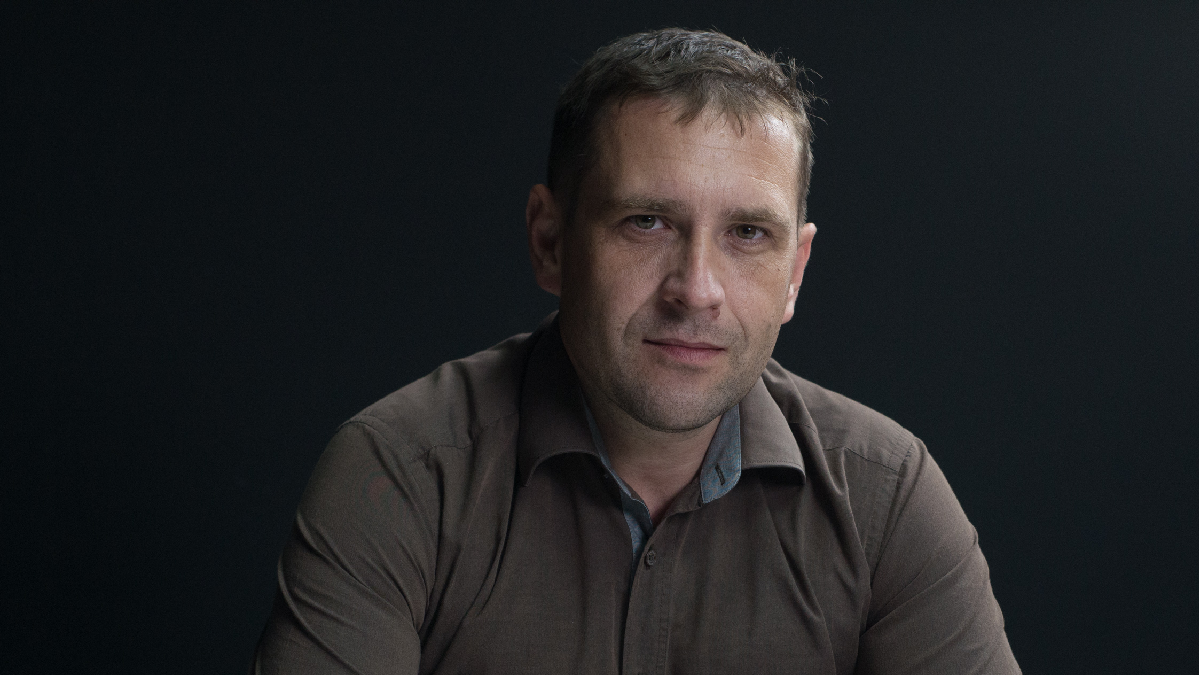
On March 8, Russia’s TASS news agency announced that Russian President Vladimir Putin would visit occupied Crimea, where he will “inaugurate” two main “new water bodies”: the Belbetsky water intake and the Beshterek-Zuysky water pipeline.
Whether this will change the situation of the water crisis for occupied Sevastopol and Simferopol, for which the occupiers built these two water bodies, explained the former representative of the President of Ukraine in the ARC, Professor of International Law and Comparative Law Borys Babin.
On March 8, he announced this on Facebook.
The water of the Belbek River will be pumped to Sevastopol, and Simferopol will get groundwater from the basin of the Zuya River and its tributary Beshterek.
As for Belbek, according to Babin, at first glance, the situation is “optimistic” because this river is the deepest in Crimea and gives over 172 thousand cubic meters per day, which would be good for Sevastopol.
That is why the occupiers did not build a reservoir, but water storage of only 150 thousand cubic meters, which significantly limits the possibilities of water intake. According to the occupiers, they will pump from Belbek 50 thousand cubic meters per day, and only during the high water, watching the rest of the water, which is a short spring flood, will flow into the sea. The runoff in the whole river per day will be less in May than the stated 50 thousand.
According to Babin, the Belbetsky water intake is more of an image than a real project.
“Will this water save Sevastopol in the amount of 50 thousand per day, i.e. 1.5 million cubic meters per month? I can give a simple comparison. The Chornorichensky reservoir, which is currently the main one for the city, has a project volume of 64 million cubic meters. At the beginning of March, the occupiers boast that it accumulated 18 million cubic meters (a little more than a quarter) during the winter. Considering that, for example, 9.5 million cubic meters filled this reservoir in February 2021 and that it does not save the “city administration” at all, it is clear that the Belbetsky water intake is more of an image than a real project. After all, to replace one month of collecting the basic reservoir, the occupiers need about six such “water intakes”. But there is only one full-flowing river there”, - he said.
According to the expert, Sevastopol will continue to be in a water crisis, and artesian water from the Vilino water intake, which fed the Simferopol district in “normal conditions”, will continue to supply Sevastopol. This is only about 20 thousand cubic meters per day.
The declared Beshterek-Zuysky water supply system in the Russian project provides 22 thousand cubes of Simferopol a day. This is artesian water from the new water intake, which was in an untouched reserve before the occupation because the declared volumes of pumped groundwater should be constantly filled up.
According to the professor, this water supply system will be able to work for several years.
"The main river Zuya in this system gives an average annual surface runoff of only 0.1 cubic meters per second (up to 12 thousand cubic meters, with tributaries, per day). And the "normal" reservoir of local significance built on it a long time ago has a design volume of only 5 million cubic meters. Therefore, these figures should be compared with the groundwater runoff of this single hydro system, which collects part of the waters of Dolgorukivsky Yayla. Most likely, this aqueduct will be able to work for several years, until the depletion of the relevant aquifers", - he said.
According to Babin, in Simferopol additional water will now be permanent, but not forever.
"Therefore, the already announced flows of Russian propaganda in March, led by the local leader, will not meet the needs of the colonizers and the military bases of the occupiers", - he concluded.
What is known
- On October 19, 2020, the Russian Cabinet of Ministers prepared a "plan for reliable water supply" of occupied Crimea.
- In total, the document provides for 14 measures to address the water shortage on the peninsula, at a total cost of 48 billion rubles.

